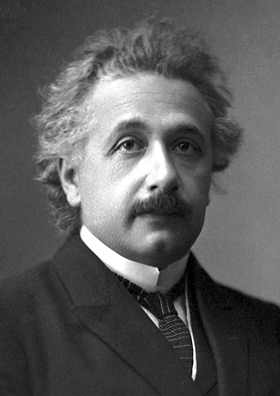In which I share a small Nazi story
In an article dated March 21, 1933, Sigrid Schultz reported that the Nazis had raided a country home in search of weapons.* The event was a small incident in the larger Nazi program against German Jews. It would probably not have made the news if the home had not belonged to Albert Einstein, who had won the Nobel Prize in 1921 and was always good news copy.
The Nazis claimed they had received information that large amounts of arms and ammunition was cached in the scientist’s home. In fact, Schultz told her readers, “the nearest thing they found to arms was a bread knife.”
It is not clear what the Nazis hoped to accomplish. Einstein, who had denounced the Nazis and predicted a Fascist reign of terror as early is 1931, was then on his way to the United States. Before his departure, he had announced that he would not return to Germany under Hitler’s rule.
Not a story that matters in the the bigger picture except for two unrelated sentences buried in the middle of the article: “Authorities have announced that the first concentration camp for communists will be opened Wednesday at Dachau, near Munich. It will accommodate 5,000 Reds now in jail, as well as other political prisoners.”—one of the earliest references to the concentration camps, in an American paper
*For those of you who don’t have a timeline of Nazi Germany in your heads, Adolf Hitler was sworn in as Chancellor on January 1, 1933. On March 23, the Nazis pushed a set of bills called the Enabling Acts through the Reichstag. These acts gave Hitler the ability to rule by decree and made control of the Reichstag irrelevant.





